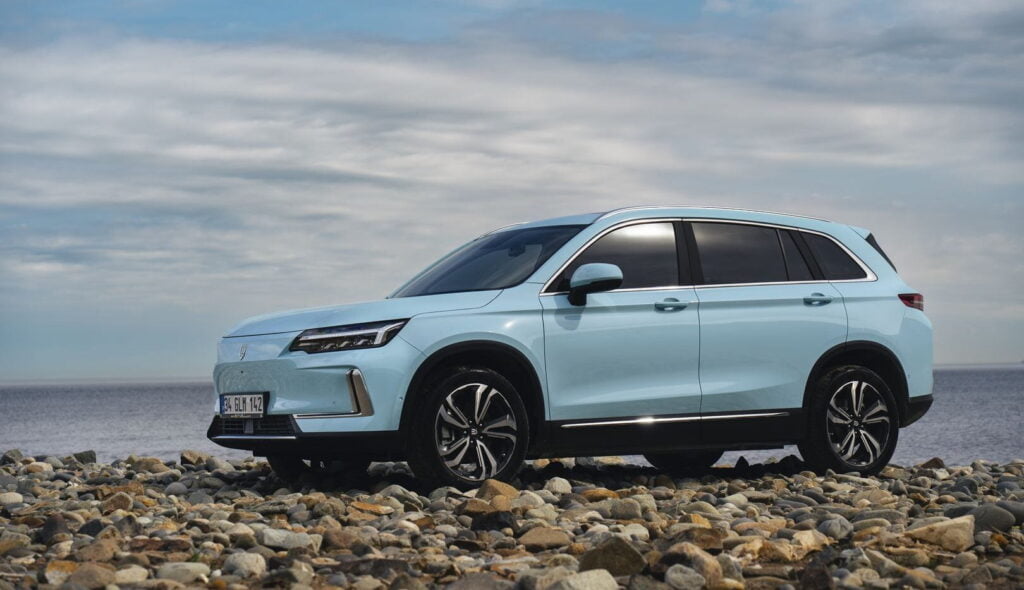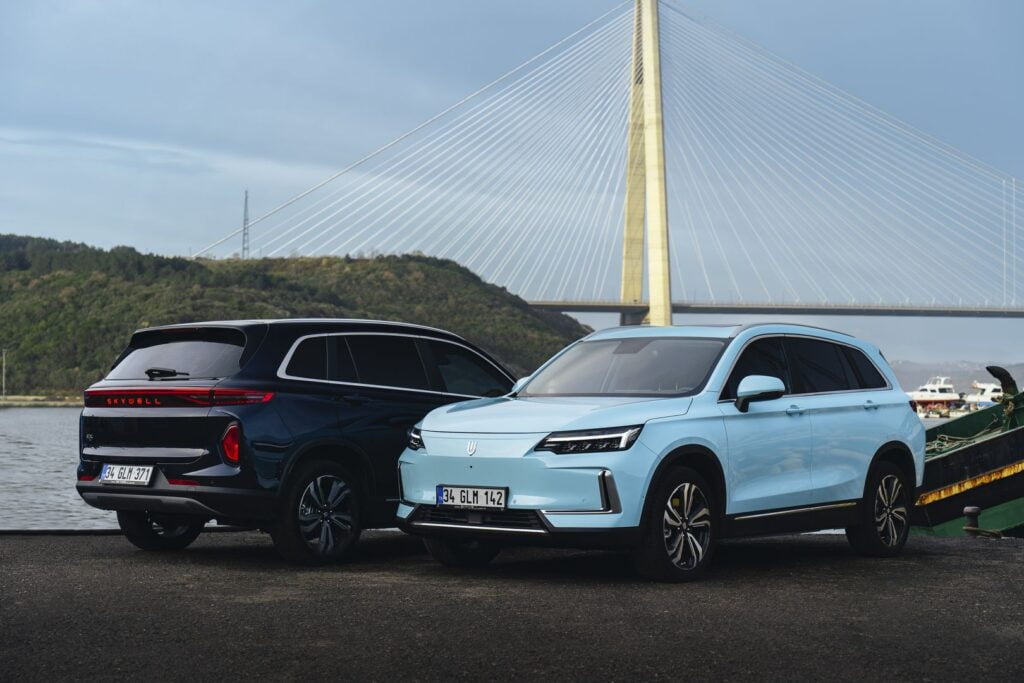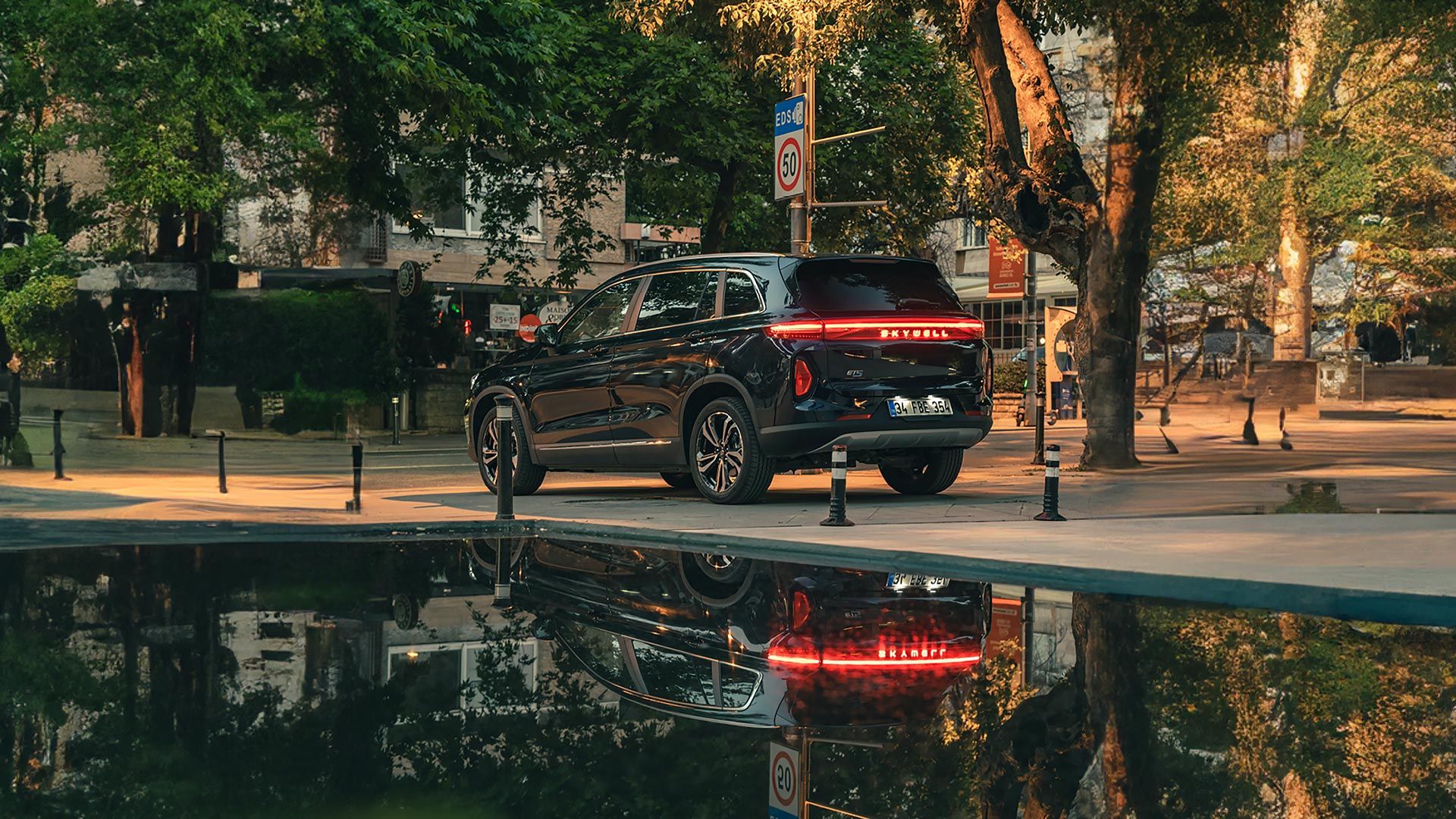Electric vehicles, now an indispensable part of modern life, have become the symbol of eco-friendly and economical transportation. However, weather conditions can significantly affect the charging status of your electric vehicle. In this article, we will answer the question, “What is the impact of weather on electric vehicle charging?”
The Impact of Weather on Electric Vehicle Charging

Basic Principles of Electric Vehicle Charging
Firstly, it is essential to understand how electric cars are charged. Electric vehicles are usually charged at home or public charging stations. This charging process occurs by supplying electrical energy to the vehicle’s battery. However, the charging process can vary depending on certain factors.
Weather Conditions’ Impact
Weather conditions have a significant impact on electric vehicle charging. Especially cold weather can prolong the charging time and affect battery performance. Cold weather increases the internal resistance of the battery, which slows down the charging process. Additionally, it can reduce the battery’s capacity, requiring more frequent charging.
Hot weather also affects electric vehicle charging. High temperatures can cause the battery to overheat, shortening its lifespan. Extreme heat also reduces charging efficiency.
Rainy Weather Conditions
Rainy weather conditions also impact electric vehicle charging. Heavy rain or snow can limit the use of outdoor charging stations. Additionally, rainy weather can damage charging equipment and connections.
Wind and Storms
Windy weather conditions also affect electric vehicle charging. Strong winds can make it difficult to use charging stations and even damage charging equipment. Moreover, severe storms can cause power outages, impacting the charging process.
Excessive Sunlight
Excessive sunlight also affects electric vehicle charging. Sunlight can cause charging equipment and connections to overheat, affecting their performance. Prolonged exposure to sunlight can also shorten the lifespan of charging equipment.
Optimal Charging Conditions
It is important for electric car owners to ensure optimal charging conditions. This means keeping charging equipment indoors, protecting it from weather conditions, and performing regular maintenance. Additionally, vehicle owners should take measures to extend battery life in cold weather conditions. For example, you can park your vehicle in a garage.
Weather conditions have a significant impact on electric vehicle charging. Cold, hot, rainy weather conditions, and even wind or sunlight can affect the charging process. However, electric car owners can minimize these effects by taking appropriate measures and ensuring optimal charging conditions. Therefore, electric car users should plan their charging schedules considering the weather conditions and maintain their vehicles properly.
For more content like “What is the Impact of Weather on Electric Vehicle Charging?” you can check out our general category.
5 Tips to Protect Electric Vehicles from Weather

- Park Your Vehicle in the Shade or Garage: The choice of parking location is crucial for electric car models. High temperatures can negatively affect battery performance. Therefore, parking your vehicle in the shade or a garage is a good option. Batteries of vehicles left under the sun drain faster and have a shorter lifespan. Hence, try to park your vehicle in a place that is not exposed to direct sunlight. Shade or garage prevents the battery from overheating and draining quickly, extending battery life and providing better performance.
- Switch Your Car to Economy Mode: Using economy mode in electric vehicles optimizes driving performance, extends battery life, and helps you cover longer distances. Additionally, regenerative braking features can recharge the battery during braking, providing more range.
- Use the Air Conditioning Sparingly: Minimizing air conditioning usage in electric vehicles helps preserve battery life. Protecting the vehicle from sunlight when parked reduces the interior temperature, thereby lowering energy consumption.
- Be Cautious with Fast Charging: If possible, charge your electric vehicle overnight and aim for an 80% charge level to extend battery life. Limiting fast charging to 80% also helps preserve the battery.
By following these tips, electric vehicle owners can protect their vehicles from adverse weather conditions and maintain optimal charging performance.

